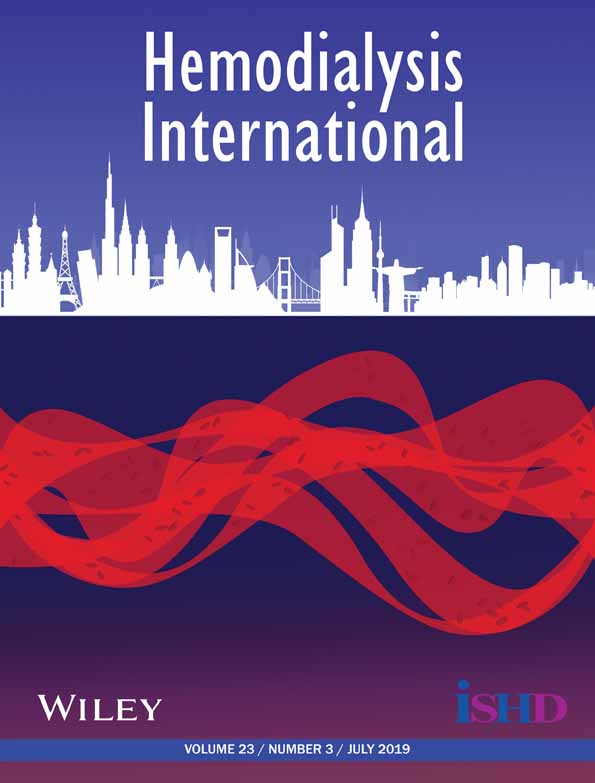Amylose resistant starch (HAM-RS2) supplementation increases the proportion of Faecalibacterium bacteria in end-stage renal disease patients: Microbial analysis from a randomized placebo-controlled trial
Abstract
Introduction: Many of the deleterious effects associated with chronic kidney disease (CKD) are secondary to the resultant systemic inflammation. The gut microbial changes caused by CKD are thought to perpetuate systemic inflammation. Therefore, strategies aimed at modulating the gut microbiota may be helpful in reducing complications associated with CKD. We hypothesized that supplementation with high-amylose maize resistant starch type 2 (HAM-RS2) would beneficially alter the gut microbiome and lead to lower levels of systemic inflammation.
Methods: A double-blind, parallel, randomized, placebo-controlled trial was performed comparing dietary supplementation of HAM-RS2 with placebo in patients with end-stage CKD. Fecal microbial data were obtained from a subset of patients after DNA extraction and 16s sequencing.
Findings: Supplementation of HAM-RS2 led to a decrease in serum urea, IL-6, TNFα, and malondialdehyde (P < 0.05). The Faecalibacterium genus was significantly increased in relative abundance following HAM-RS2 supplementation (HAM-RS2-Day 0: 0.40 ± 0.50 vs. HAM-RS2-Day 56: 3.21 ± 4.97 P = 0.03) and was unchanged by placebo (Control-Day 0: 0.72 ± 0.72 vs. Control-Day 56: 0.83 ± 1.57 P = 0.5).
Discussion: Supplementation of amylose resistant starch, HAM-RS2, in patients with CKD led to an elevation in Faecalibacterium and decrease in systemic inflammation. Microbial manipulation in CKD patients by using the prebiotic fiber may exert an anti-inflammatory effect through an elevation in the bacterial genera Faecalibacterium.




